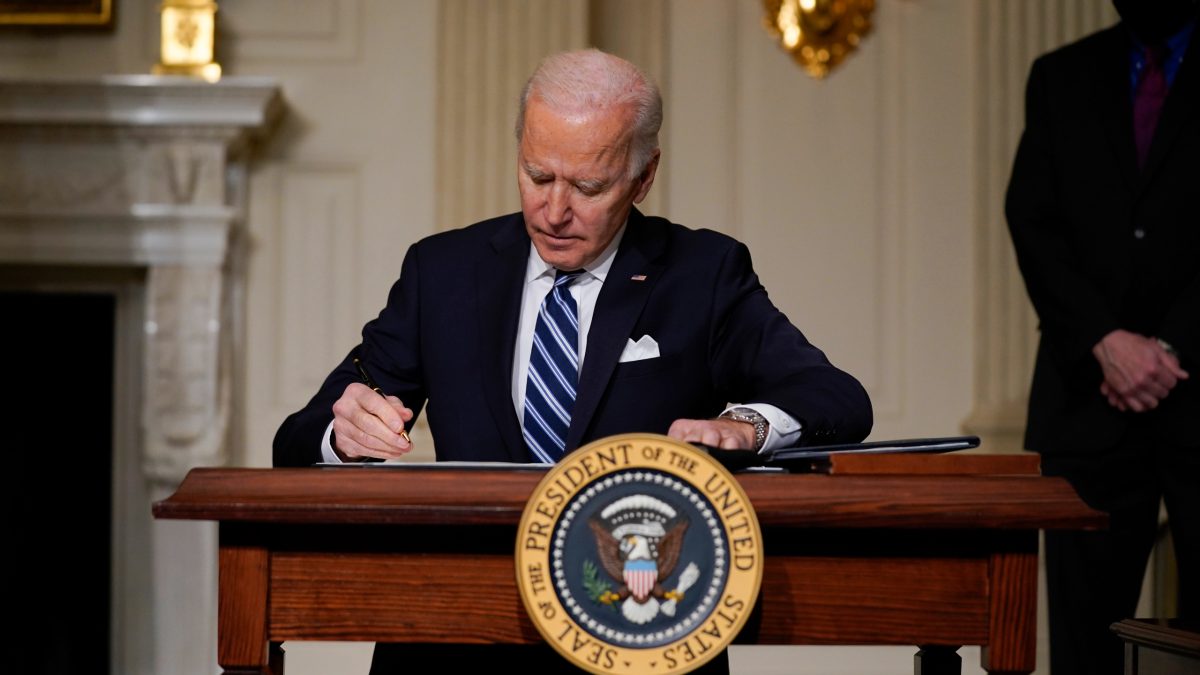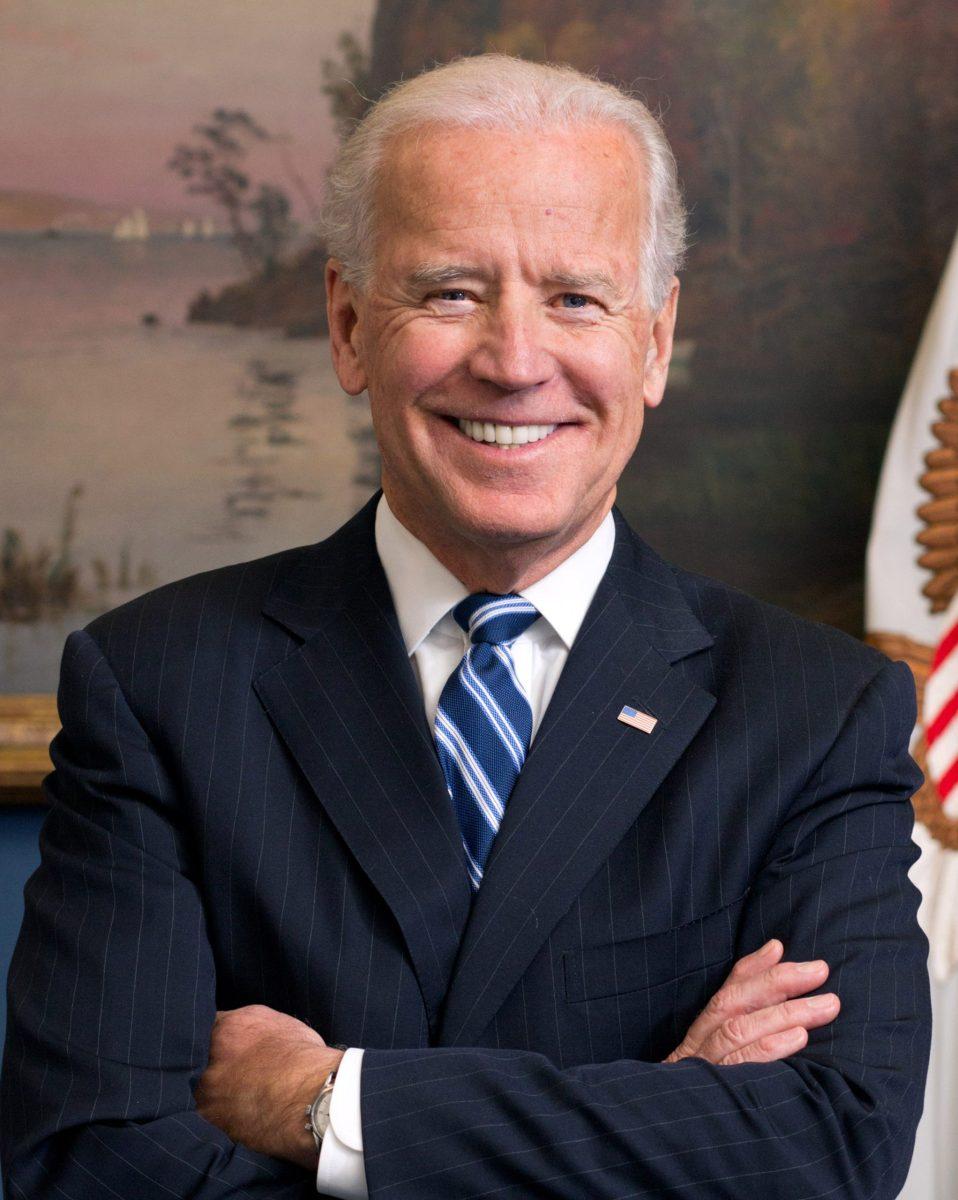[one_third]Liberal — Nicole Cheney
Hydraulic fracturing, otherwise known as “fracking,” is the process by which water and other chemicals are pumped into a horizontal well at pressures high enough to create fissures in the shale rock miles below the surface of the earth. This allows access to a wealth of previously untapped natural gas reservoirs underground, and when done on domestic soil, prevents the United States from having to look abroad for energy sources. Unfortunately, despite the fracking boom that has existed since the early 21stcentury, to this day there are few nonpartisan, peer-reviewed studies investigating the safety of this procedure. Much of this is because of a lack of baseline knowledge of groundwater conditions prior to fracking due to privacy issues, and the potential for known contaminants to decrease property value. Critics worry that the chemicals may contaminate water supplies with carcinogens or substances that may cause other health issues such as reproductive problems, but no longitudinal studies exist yet to address this.
In this case of so many unknowns, it is only responsible to err on the side of caution. Until studies show with convincing evidence that fracking is not harmful to humans or the environment, it is not worth the risk.
[one_third]Independent — Anuj Patel
As someone who is environmentally-friendly and aware of economic practicality, I see fracking as a temporary and viable solution only if companies are regulated for environmentalism and public health. One risk of fracking is potential water contamination due to leaking or incorrect storage of a mix of about 750 chemicals used in the fracking process. Each fracking well uses roughly 1.5 million gallons of water; used solutions of water and chemicals are either treated, or stored underground if unable to be treated, which is seen as a huge exhaust of resources. Fracking is now a very reliable form of energy, so renewable energy—which fluctuates based on sunlight or wind—has less priority placed on it. Human consequences from wells include potential earthquakes or tremors, loud noises, decrease in home value, and air pollution from emissions.
The risks of fracking are broad and very real; however, if regulations are enforced, companies will treat water properly, drill in limited and well-placed wells, and seal and store each well thoroughly. The fracking industry employs hundreds of thousands of people, lowers prices, and has enough natural gas under the U.S to power the country for over 100 years. The future undoubtedly will need to rely on clean renewable or nuclear energy; however, natural gas is affordable, reliable, drives the economy, and the negative effects can be tempered through regulations. Thus, I think fracking is justified, but only as a temporary solution while renewable energy technology becomes more consumer-friendly and efficient.
[one_third]Conservative — Adrian Wong
Hydraulic fracturing, or fracking, is the use of fracturing fluid to create pressure and cause cracks underground, thereby mining natural gas and petroleum. After the fluid cracks the rock, some material (usually sand) is poured down the well to replace the space previously occupied by oil and runoff fracturing fluid.
Fracking should be tightly controlled due to the environmental risks associated with it. A 1985 study by Penny et. al found that in the worst cases, 70% of the fracturing fluid can be lost due to runoff. This runoff can then contaminate water supplies both above and below ground. Furthermore, this runoff can spread from the land where the fracking is taking place to privately held land. The government must find a way to regulate fracking to ensure that there is minimal runoff and oil companies only affect the land that they own. No homeowner should be at risk because an oil company is fracking right on their property line. It would also be very beneficial if the government could regulate the fracturing fluid to ensure oil companies are using the safest possible option. I think fracking should be allowed, but it should absolutely be thoroughly regulated by the federal government.

































